So, you’re thinking about buying a shower filter but aren’t sure it’s really necessary?
Well, if you aren’t quite certain, we’re here to help you out.
Of course, as with most things in life, there are both advantages and disadvantages even to this. But, ultimately, you have to weigh the pros and the cons.
In the end, we hope we will be able to help you decide on whether or not to invest in a shower filter.
Shower Filters 101
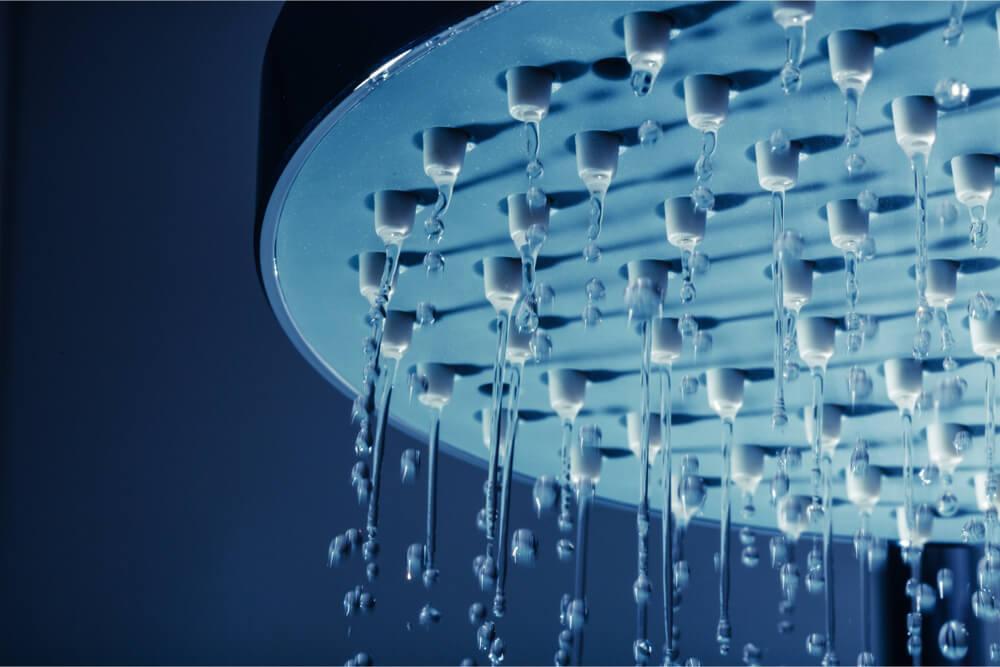
Now, you’ve probably heard of (and probably used) a filter for your tap. Well, shower filters work much in the same way.
They are mostly designed to reduce chlorine in your water, as well as some water-soluble heavy metals and scale. They come in really, plenty of styles and sizes, and are usually fitted directly onto the showerhead, or they replace it.
Types of Shower Filters
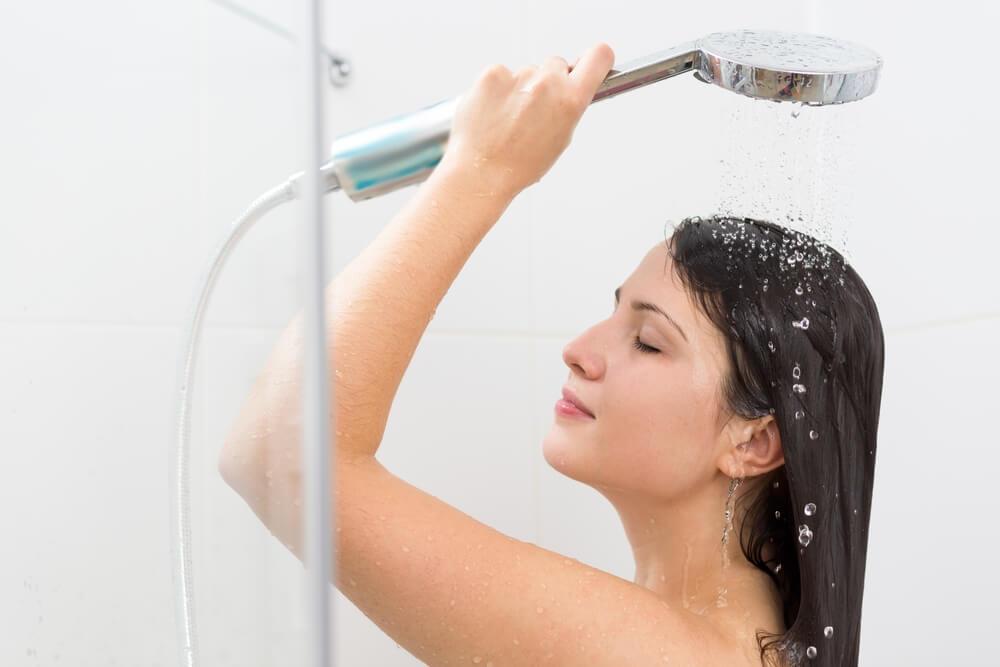
Basically, there are only a few types of shower filters, so you needn’t worry – it’s not that difficult to find your match if you decide that you need one.
If we are to divide shower filters with regard to the method of installation, there are the following types:
- Filtered shower heads. The main thing here is that you will have to get rid of your existing shower head in order to place filtered shower heads. These have a built-in filtration system.
- Portable (inline) shower filters. These are installed between your own shower head and the water supply line. They are compact and can easily be installed. (Yes, that means even you can do it).
Now, there is also another form of categorization of shower filters – by what they are filtering.
These include:
- Chlorine filters. This filter is the most common type. As you may have guessed, they remove chlorine by using KDF, GAC or calcium sulfite.
- Chloramine filters. These filters usually use vitamin C to reduce the amount of chloramine in your water. Even though it is considered less harmful than chlorine, chloramine is still also a health risk. Most experts say that it is particularly harmful with hot water, which is why most people decide to get the filters. (Well, what can we do – we adore our hot showers!)
- Fluoride filters. As you might have guessed it, these filters focus on removing fluoride from your water.
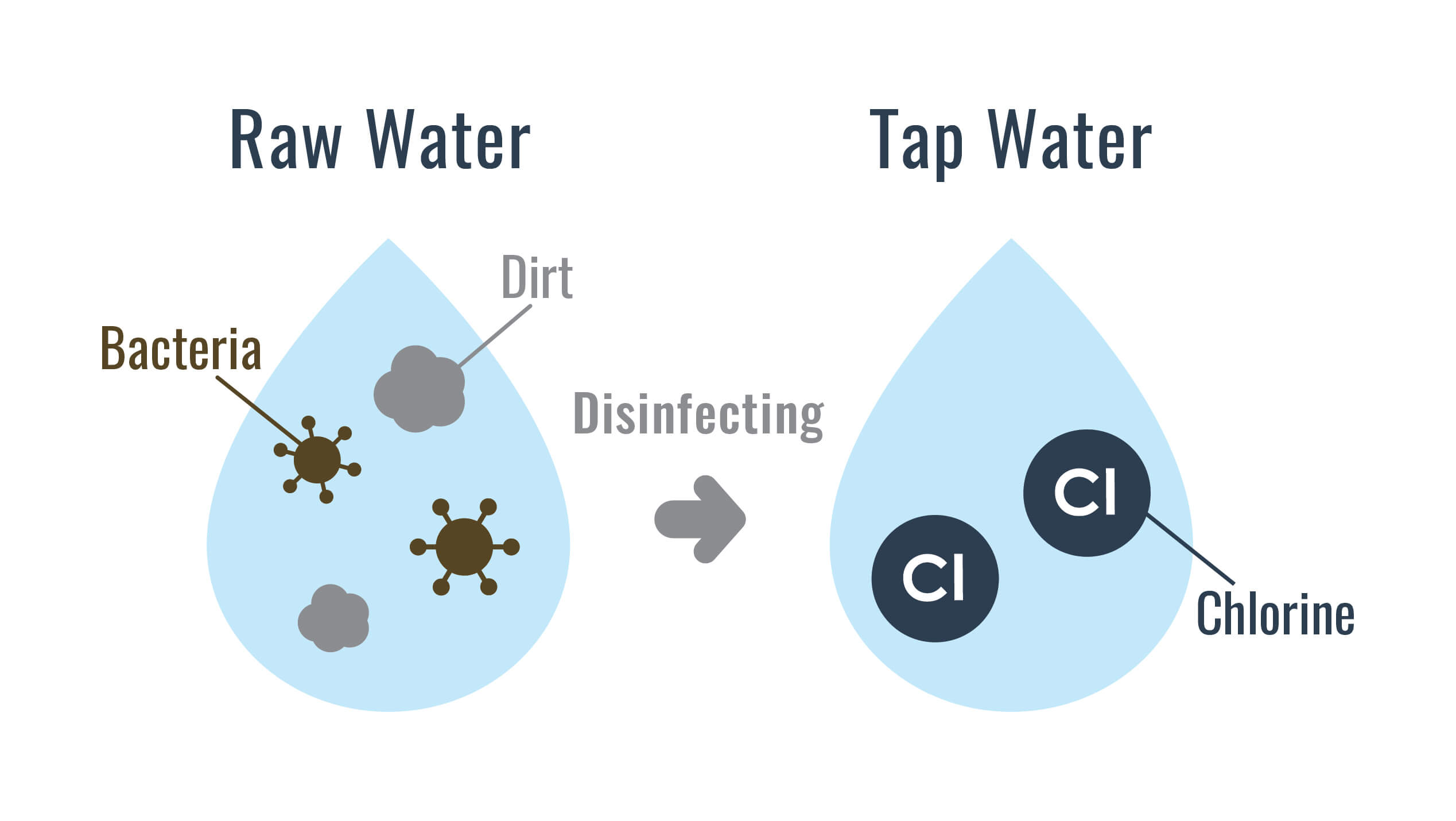
Pros of Shower Filters
1) They remove harmful substances from your water and air.
There have been studies that show that taking a shower that lasts mere ten minutes is the same as ingesting 2 liters of water. Your pores are wide open when you take a hot shower (and who here does not take a hot shower, at least every once in a while?), which means that chemicals from the water are more likely to enter your body. This, of course, means exposure to some pretty harmful substances.
Also, vaporized chlorine can damage lungs and long-term exposure can lead to cancer. In fact, there have been studies that show that there is an increased risk of bladder, kidney and rectal cancer in communities that use chlorinated or chloraminated water. Not to mention that there are also other substances in your tap water that can harm your body in the long run.
A shower filter will basically reduce the harmful substances proven to reside in water. It will also reduce those same harmful substances in the air while you shower. Therefore, it will decrease your exposure to such substances and contribute to your overall health.
2) Your skin and hair will look better.
Yes, we know, it’s not the most compelling reason, but it has been proven that shower filters actually improve the look of your skin, and your hair.
Basically, chlorine bonds to your skin and hair. It removes moisture and disrupts the balance of bacteria on your body. This leads to dry and irritated skin and can contribute to premature signs of aging – i.e. wrinkles, discoloration… With a shower filter, you will notice the difference immediately – your skin will feel softer and brighter.
When it comes to your hair, chlorine strips natural oils which moisturize your hair follicles. That only leaves you with dry hair and an irritated scalp. However, if you use a shower filter, you will notice a change soon – your hair will be more elastic, shinier and softer to the touch.
So, in general, a shower filter will improve your health overall, as well as your appearance. Not bad for a tiny plastic gadget, huh?

Cons of Shower Filters
1) It’s going to cost you.
Now, if you want to invest in some good shower filters, it’s going to cost you. Permanently, since you will have to replace the cartridges.
However, that does not mean it is too expensive, since realistically, one shower filter lasts for at least six months, and the cost ranges all from 20 to 60 dollars on average. And the prices of the cartridges are usually about 15-20 dollars. So it doesn’t seem that expensive, once you calculate in how long they last.
But, it is important to note, it is something that you will have to set aside money for. You just have to see whether it’s worth it in the end. You can always chalk it up to self-care.
2) It can reduce water pressure.
Take note that this is the case with some older versions of shower filters. While there may be a slight decrease in water pressure, most experts agree that it is not that significant, as most shower filters are made to process water at 2.5 gallons per minute, which is also the flow regulation for most standard shower heads.
3) Not a lot of chloramine can be removed.
Even with the latest shower filters, there hasn’t been much evidence to prove that more than a small amount of chloramine can be removed.
Since chloramine can be reduced significantly with prolonged exposure to Vitamin C, skeptics have noted that the flow of water through the filter may be too high and too fast to reduce chloramine in any significant way. Further research needs to be done in this regard.
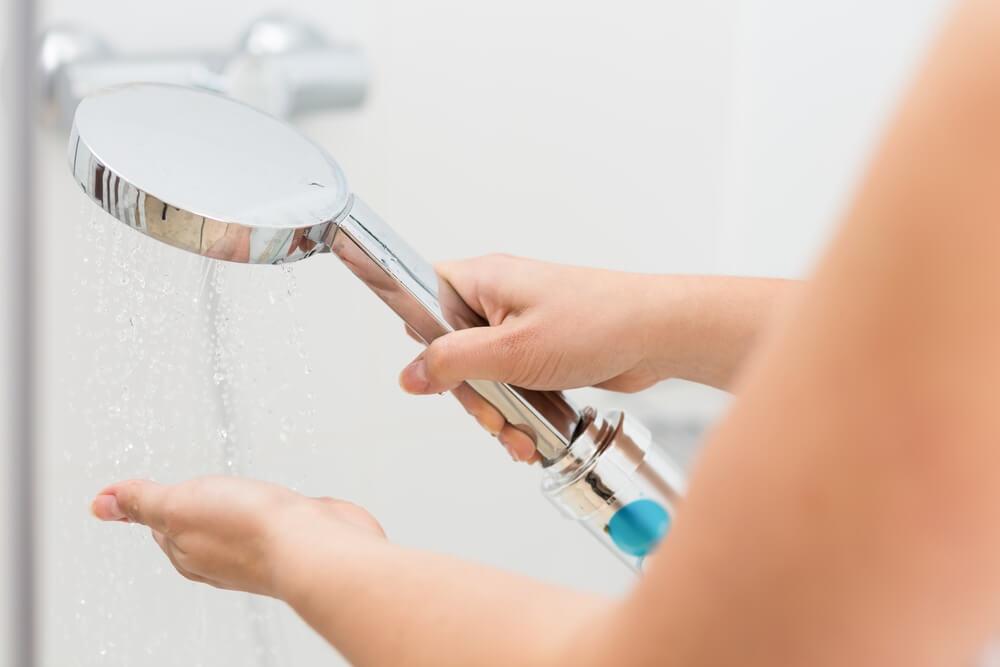
What to Look for in a Shower Filter
If you decide, in the end, to buy a shower filter, there are a few things you should pay attention to. Otherwise, you may end up with a product that works well all in all, but is not the right fit for your particular shower.
How many times have we had that happen to us, with a wide variety of products?
Probably, too many to count.
Here are some things you should watch for when buying a shower filter:
- Understand what exactly is in your water. Basically, your water can be treated with chlorine or chloramine. The first thing you should do is come into contact with your city, municipality or your individual water provider to see what is used. Remember, your choice of a shower filter will depend on that.
- What kind of pressure do you want? We all hate those showers where it seems you’re trying to rinse your hair with a few droplets. Always check to see what kind of pressure the filter provides.
- How often do you need to change the filter? As with most things in life, the filter is not eternal. (But wouldn’t it be cool if it were?) Most shower filters are supposed to last at least six months, so try to go for one that has at least that much to give. All in all, its durability really also depends on how long you shower and how many showers a day you take.
- How much does the replacement cartridge cost? It’s not fun learning you will need to buy an expensive replacement filter every six months. So, make sure that the replacement cartridges are affordable.
- Read reviews. Then read them again. It’s lucky that in this day and age, we are able to go online and read about people’s experiences with various products. But, just to be on the safe side, also try to find out whether someone you know is using a shower filter and whether they are satisfied with their choice.
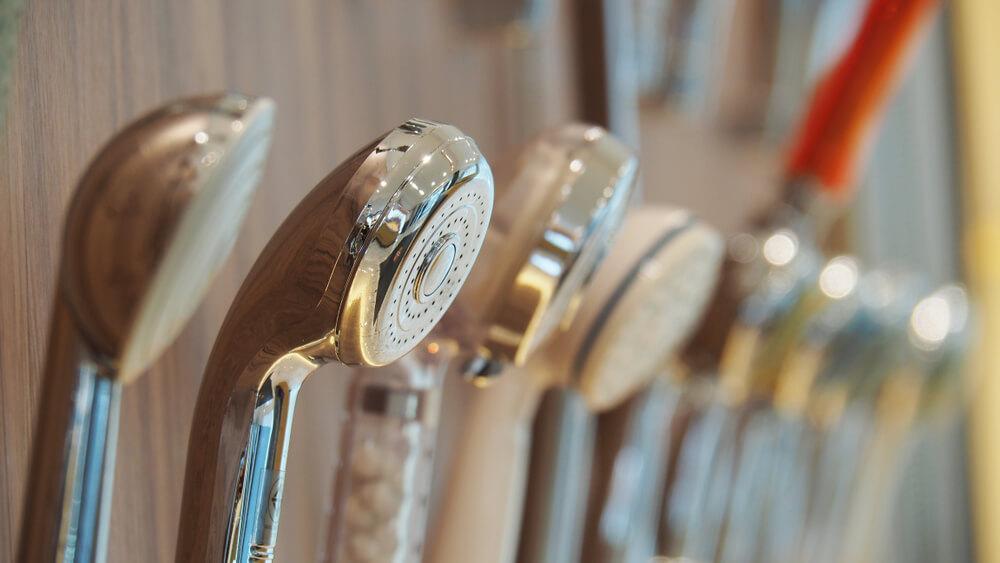
Best Shower Filters
Now, if you’re set on buying a shower filter, there are now plenty of options on the market, but you may not be sure which one to choose.
Worry not, for we have made the selection for you (if you would like to take our advice).
1) AquaBliss High Output 12-Stage Shower Filter
This filter comes with several (12, to be exact) stages of filtration. Basically, it will eliminate quite the variety of substances. It is 12-in-1, that is, it uses 12 particular filters to make your water as impeccable as possible.
At the first level, it has a fine stainless steel mesh that removes medium-sized sediments. That, in turn, stops them from going further. The second level has micro-porous PP cotton that stops smaller particles, including dust. The third level includes a layer of calcium sulfite that removes chlorine. In the fourth stage, there is KDF55 that filters chlorine, algae, and bacteria additionally. If it happens that some impurities pass through stage 4 (even if it’s highly unlikely), they will be completely stopped by the activated carbon in the fifth level.
The sixth, seventh, eighth, ninth and tenth level serve to, basically, improve the condition of your skin and hair. The sixth level has infrared balls that raise the level of negative ions and oxygen in the water, the seventh has zeolite ceramic balls, while the eighth has ceramic balls. The ninth level has tourmaline, while the tenth level has magnetic energy balls. The final two layers have another fine stainless steel mesh and PP cotton to trap sediments in the water that may have remained (although we highly doubt it).
2) Sprite High Output Shower Filter
This shower filter uses KDF and Chlorgon to remove any impurities from your shower water. What is particularly interesting about this mixture is that Chlorgon is a special filter available only in Sprite shower filters.
Chlorgon is a blend of copper, zinc and calcium sulfide that removes free chlorine, combined chlorine, any dirt, sediment or odors, as well as hydrogen sulfide (which is that rotten egg smell you do not want in your water). Chlorgon actually converts free chlorine and some forms of combined chlorine into chloride salt, which is basically harmless.
When it comes to the warranty, you will have to register your purchase with the manufacturer, Pure Water Products, since they are the ones that handle the warranty. This shower filter has a limited one year warranty. And you can choose between the regular, white plastic models and the all brass model.
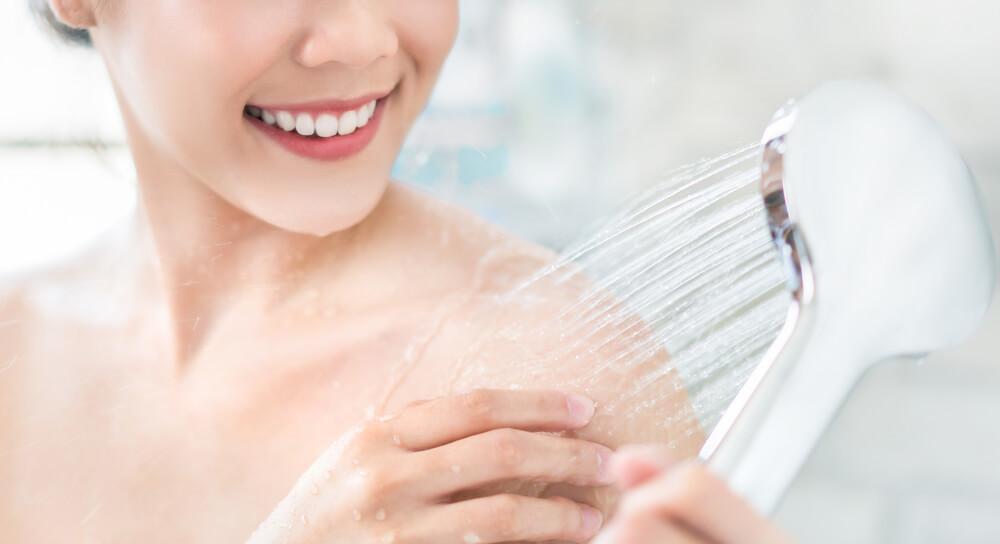
3) Berkey Shower Filter
In general, Berkey is one of the most trustworthy water filtration manufacturer on the face of the Earth (and maybe the universe, we don’t actually know, do we?) and its shower filter is designed to remove chlorine and water-soluble heavy metals. It actually removes up to 95 percent of chlorine, as well as hydrogen sulfide, lead, mercury, iron, etc.
In the end, the water has a better smell and it simply feels softer.
When it comes to its capacity, the latest model, upgraded, can filter up to 20-25,000 gallons. Or, as the producers say, it can last one year. But, basically, it all depends on your use of it.
Now, as far as the price is concerned, it does cost a few bucks more than other shower filters. But, as the manufacturer claims, this is completely justified as it has a life span that is quite longer than when it comes to other brands’ filters.
As far as the pressure of the water is concerned, the Berkey model has a backflushing feature to help your shower maintain a good flow. This feature essentially controls the build-up of any large particles that are known to clog filters.
The installation of this filter is incredibly easy, since it takes no more than five to ten minutes to install. The only problem with this model in general is that there is no particular warranty. There is only a 30-day guarantee period.
To Use a Shower Filter or Not to Use?
In the end, it is recommended that you use a shower filter for the benefit of your health as well as your appearance.
Take into consideration the type of filter you need, how much it would cost, and try to think about it thoroughly. That way, you are bound to find the right answer to your question.

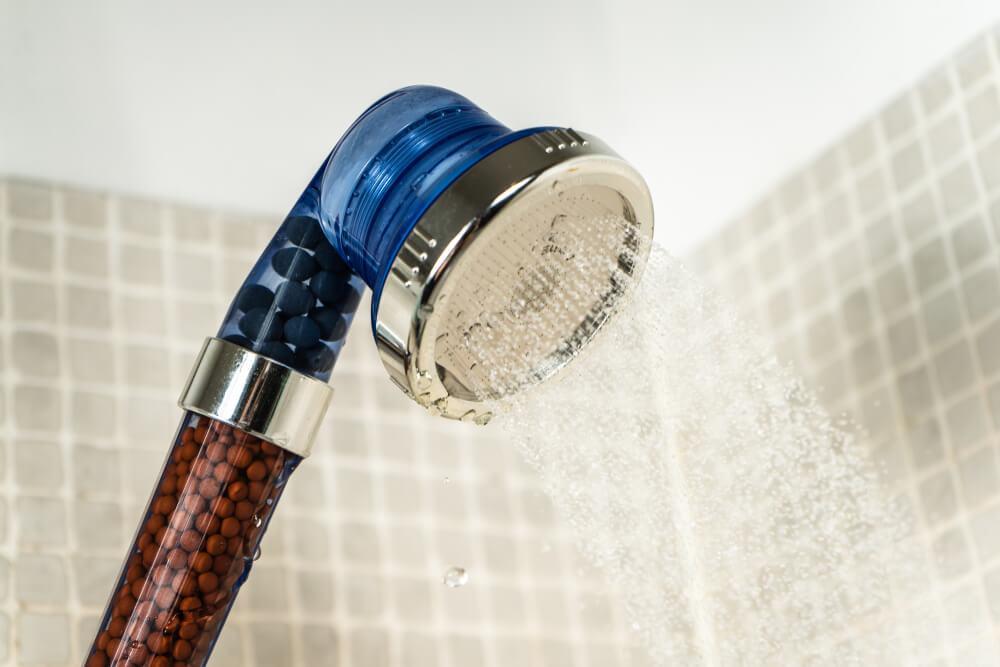
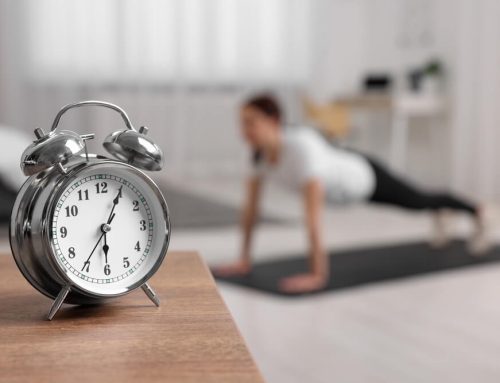

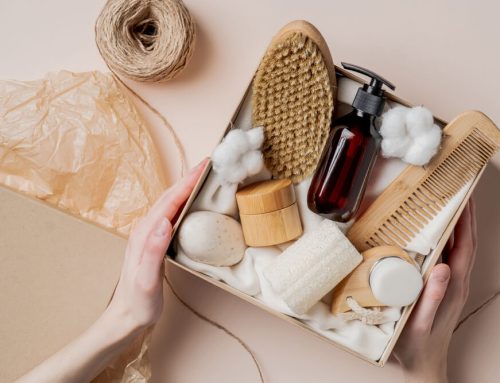

Leave A Comment